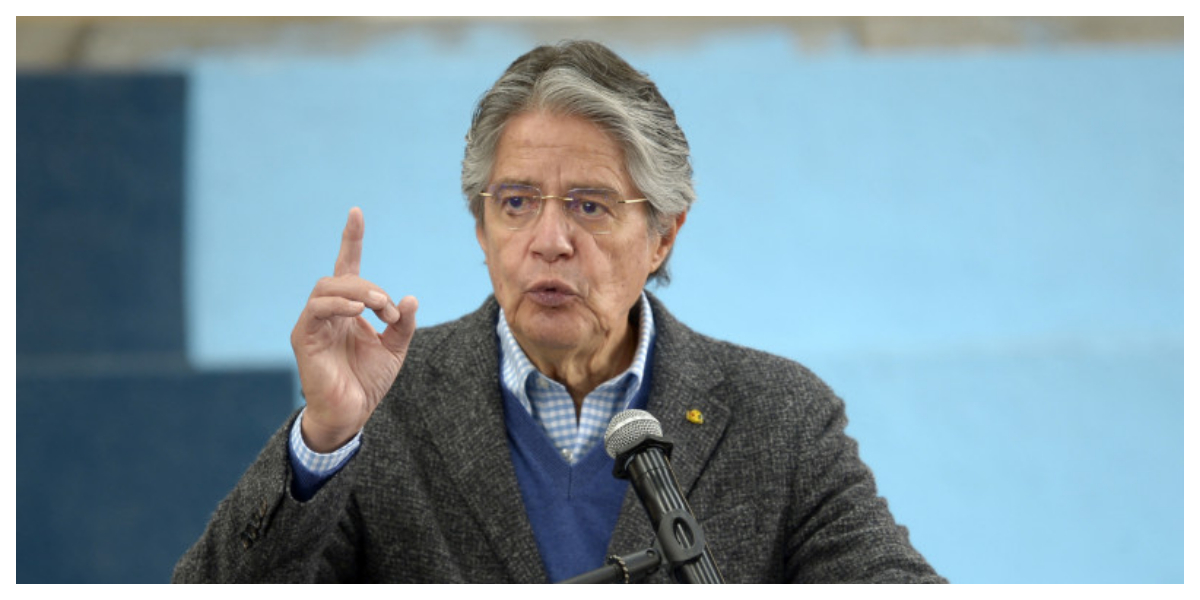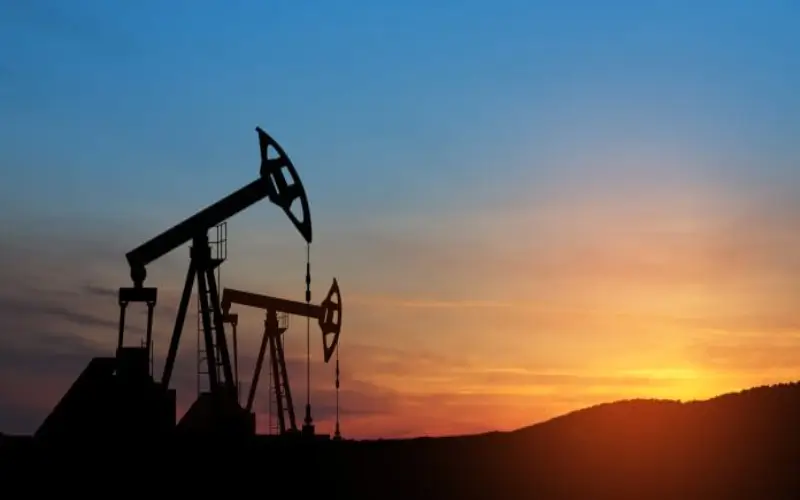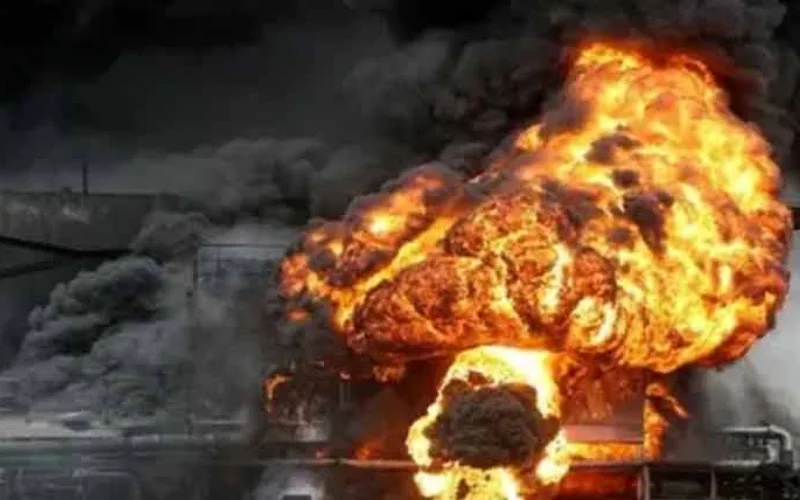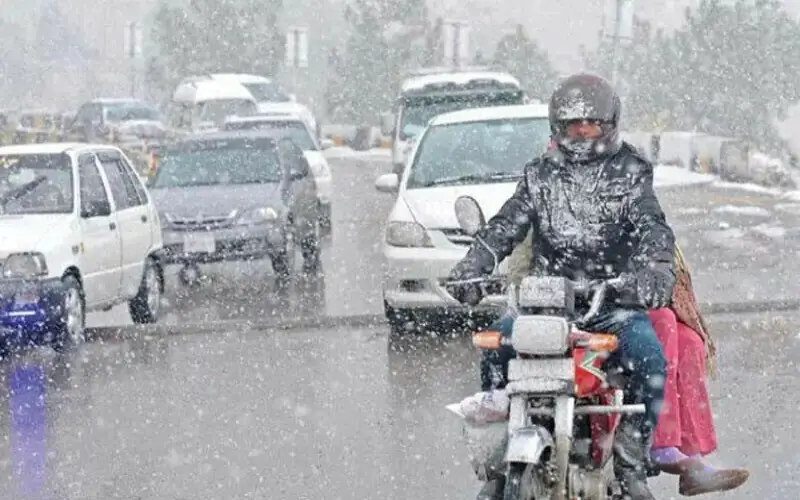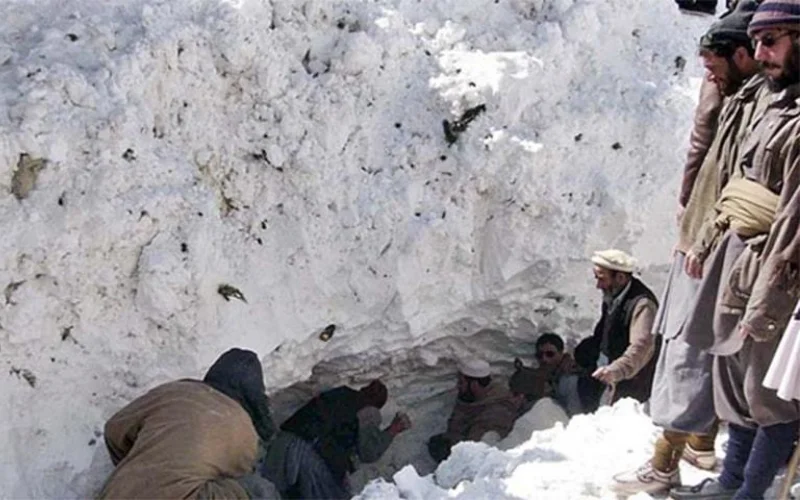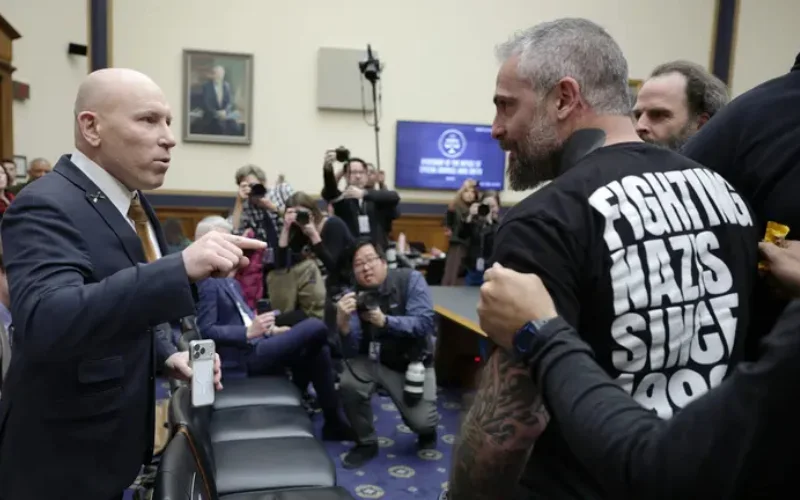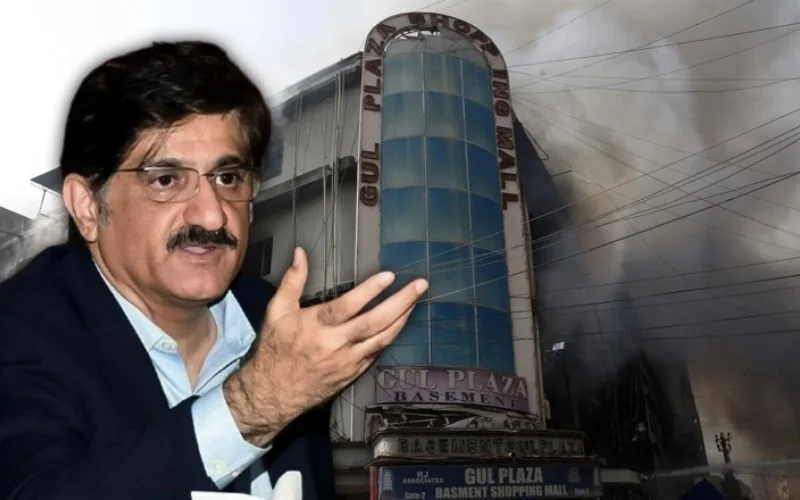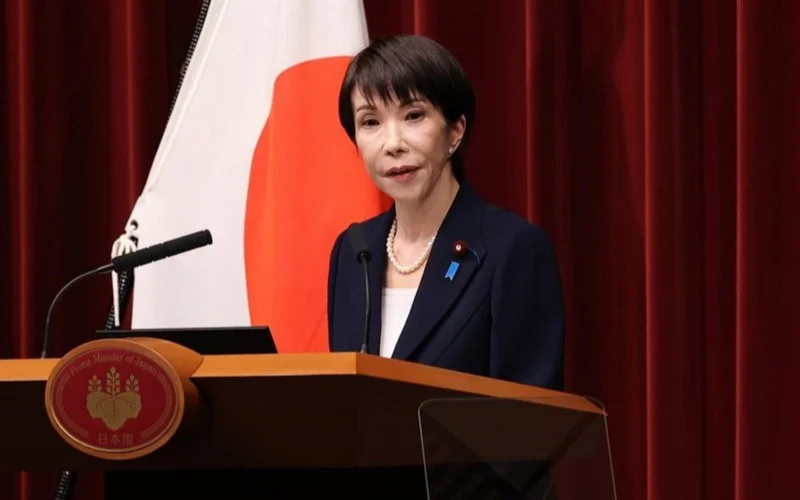- Ecuador’s National Assembly will vote on whether to remove President Guillermo Lasso.
- Opposition lawmakers want him removed over his role in nationwide protests against rising fuel and living costs.
- Five people have been killed and dozens injured in 13 days of unrest. Lasso lifted a state of emergency.
Ecuador’s National Assembly suspended a no-confidence vote against President Guillermo Lasso early Sunday, after eight hours of heated debate over his role in nationwide protests against rising fuel and living costs.
Opposition lawmakers had called the parliamentary session over what they say is Lasso’s role in “the serious political crisis and internal commotion” that have left five people dead and dozens injured in 13 days of revolt.
The Assembly will vote on whether to remove the conservative ex-banker who took power a year ago and is self-isolating after being diagnosed with Covid-19.
Read More: Ecuador’s government, indigenous leaders met after mass protests
But after nearly eight hours of debate, parliament president Virgilio Saquicela called for the session to be reconvened on Sunday afternoon.
“I proceed to suspend the present session and convene it for its continuation on Sunday at 4 pm (2100 GMT),” he said.
The debate was at the request of the 47 opposition lawmakers in the leftist Union for Hope coalition.
“Let’s go to early elections, let Lasso go home,” said Assemblywoman Pierina Correa, sister of a former president, during the late-night session.
But Lasso’s legal secretary Fabian Pozo — appointed to read the president’s defense — pointed the finger at his opponents.
“The assembly members… seek to destablize democracy,” Pozo said.
Lasso’s dismissal would require 92 votes out of 137 in the assembly, in which opposition parties are in the majority. The body’s Twitter account said 135 out of those 137 lawmakers are taking part.
Once the debate is concluded, legislators will have 72 hours to decide on a course of action.
If they vote to unseat Lasso, Vice President Alfredo Borrero will assume interim power and call new presidential and legislative elections.
The attempted ousting comes as an estimated 14,000 protesters are taking part in a nationwide show of discontent against rising hardship in an economy dealt a serious blow by the coronavirus pandemic.
Most of the ire is concentrated in the capital Quito, where about 10,000 people have gathered for daily protests, marching with sticks and makeshift shields, and chanting “Out Lasso, out!”
Shortly after the debate began, Lasso lifted a state of emergency that had been in force in six provinces over the protests.
Indigenous leaders and government representatives held a first meeting on Saturday in Quito, with a view to beginning a dialogue, according to parliament president Saquicela.
On Friday, Lasso accused demonstrators of attempting “a coup” after two straight days of violent clashes with police and soldiers.
Protesters in Quito threw rocks and Molotov cocktails and shot off fireworks near the congress building. The security forces repelled them with tear gas.
The protests were called by the powerful Confederation of Indigenous Nationalities of Ecuador (Conaie), credited with bringing down three presidents between 1997 and 2005.
Conaie leader Leonidas Iza told AFP this week that demonstrations would continue “until we have results.”
Read More: 18 Ecuador police ‘missing’ after attack on station
“We can no longer hold back the anger of the people,” he said.
The action has been costly, with losses of about $50 million per day to the economy as protesters have blocked key roads with burning tires and tree branches.
Production of fuel — Ecuador’s biggest export — has been halved, according to the energy ministry.
“Basic necessities are very expensive and our products from the field… are worth nothing,” potato farmer Miguel Taday, 39, told AFP of his reason for joining the demonstrations.
Protesters are demanding a cut in already subsidized fuel prices, which have risen sharply in recent months, as well as jobs, food price controls, and more public spending on healthcare and education.
The government has rejected the protesters’ demand for a fuel price cut, saying it would cost an unaffordable $1 billion per year.
The International Monetary Fund on Friday approved the release of $1 billion in funding for Ecuador following two reviews of a $6.5 billion loan deal, of which $4.8 billion has been disbursed so far.
The payment is intended to help Ecuador recover economically from the Covid-19 pandemic, restore fiscal sustainability, and reduce public debt.
Austerity measures imposed by then-President Lenin Moreno sparked a wave of protests in 2019 that left 11 people dead and thousands injured, but forced the government to abandon plans to reduce fuel subsidies.

